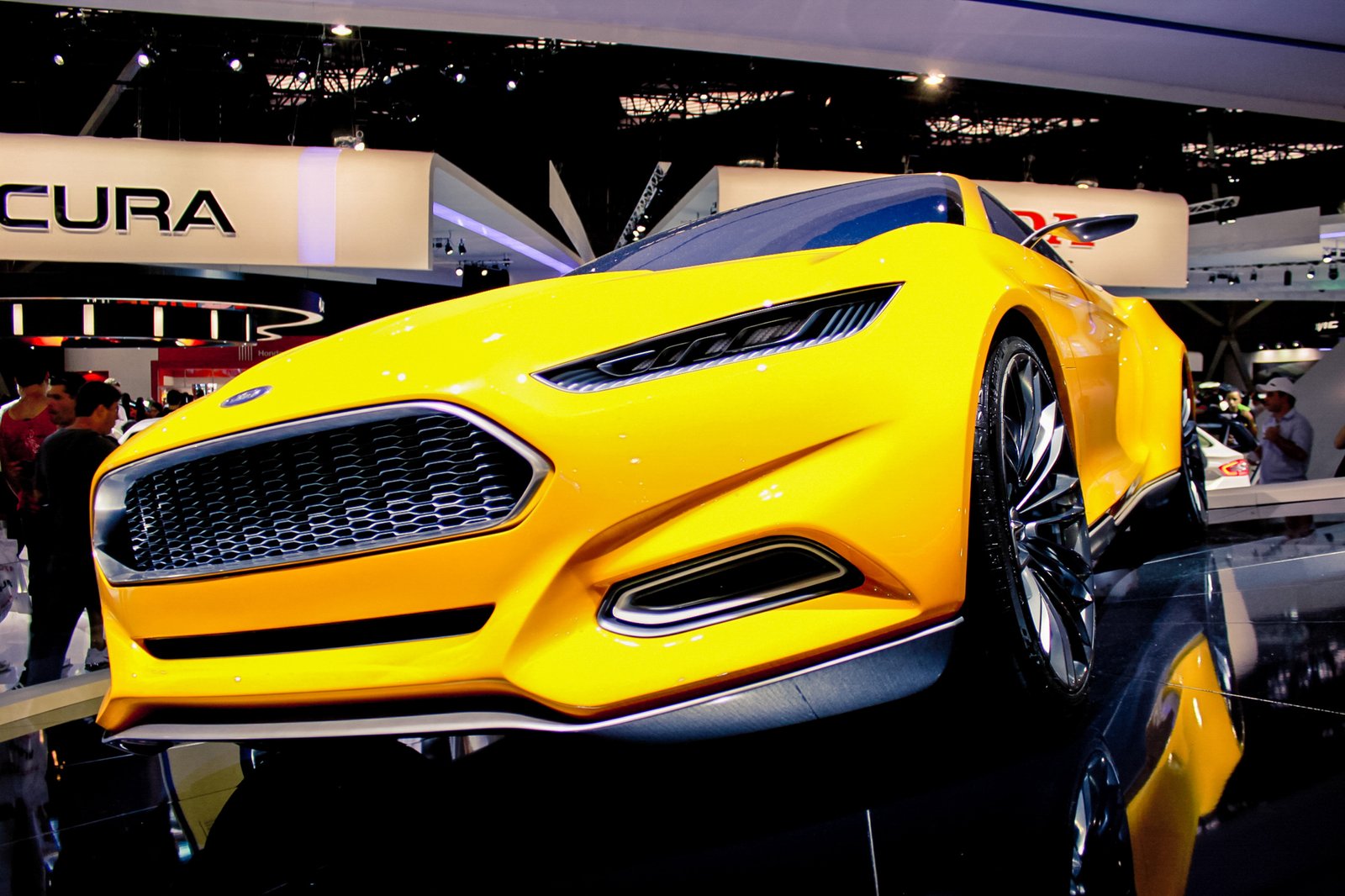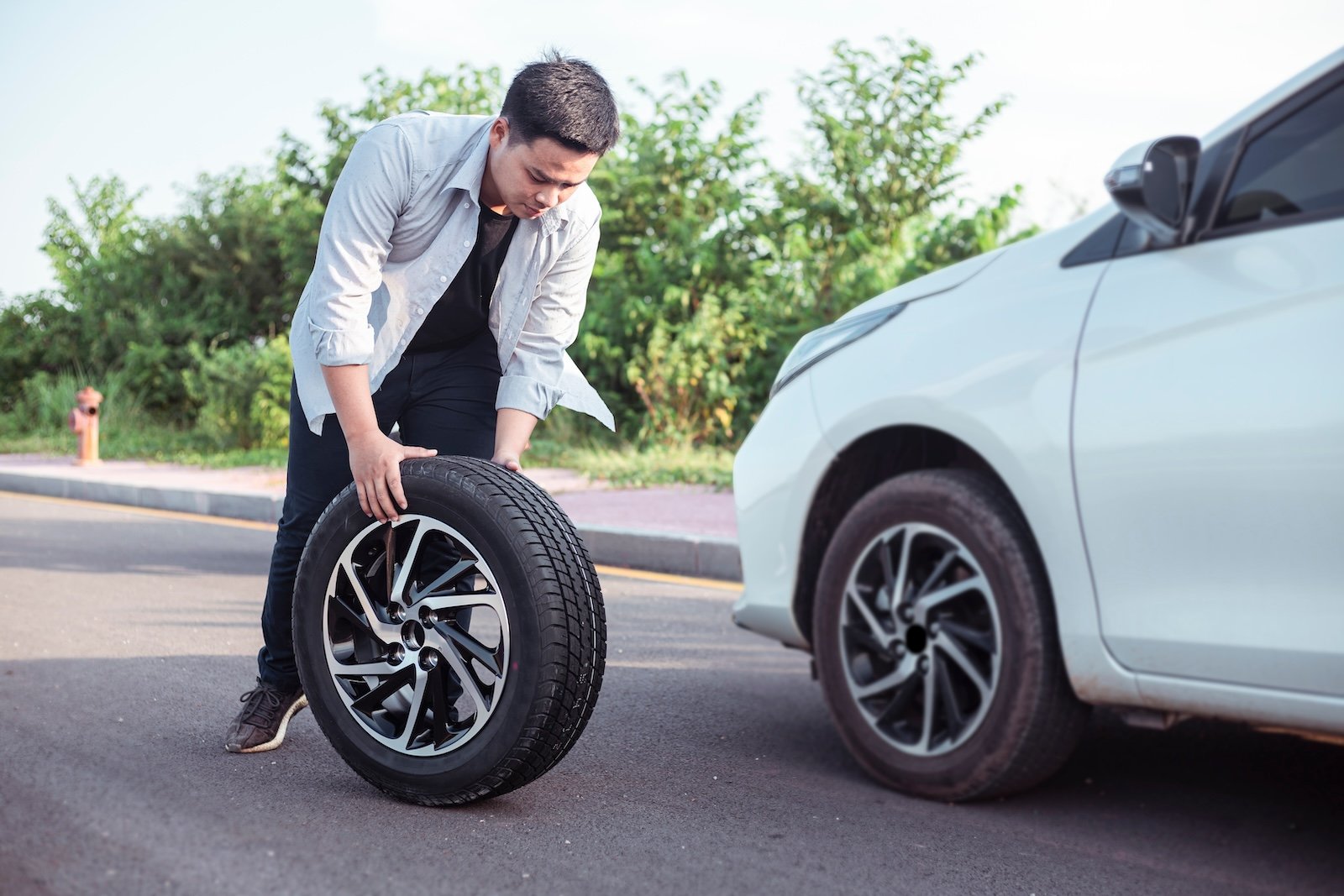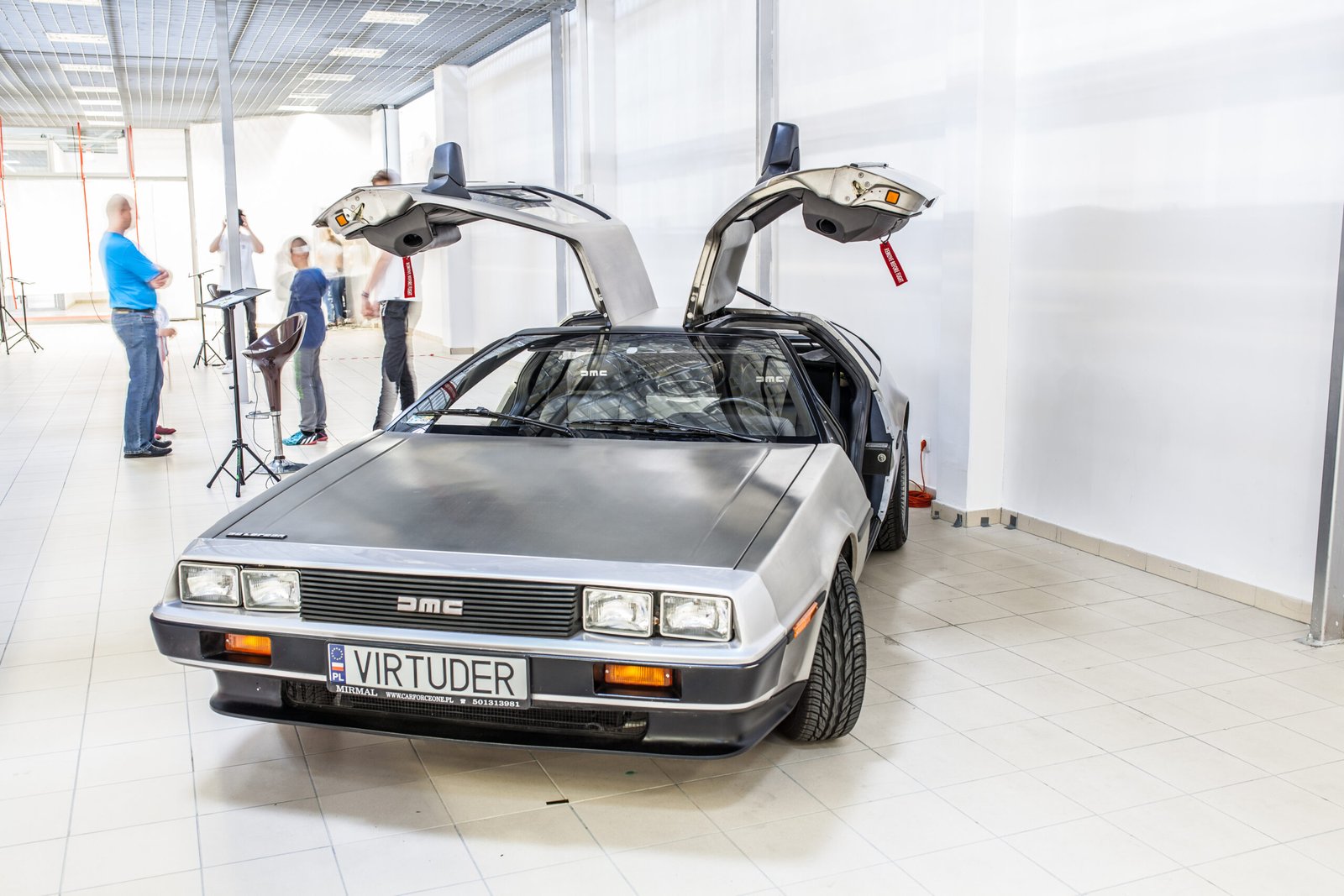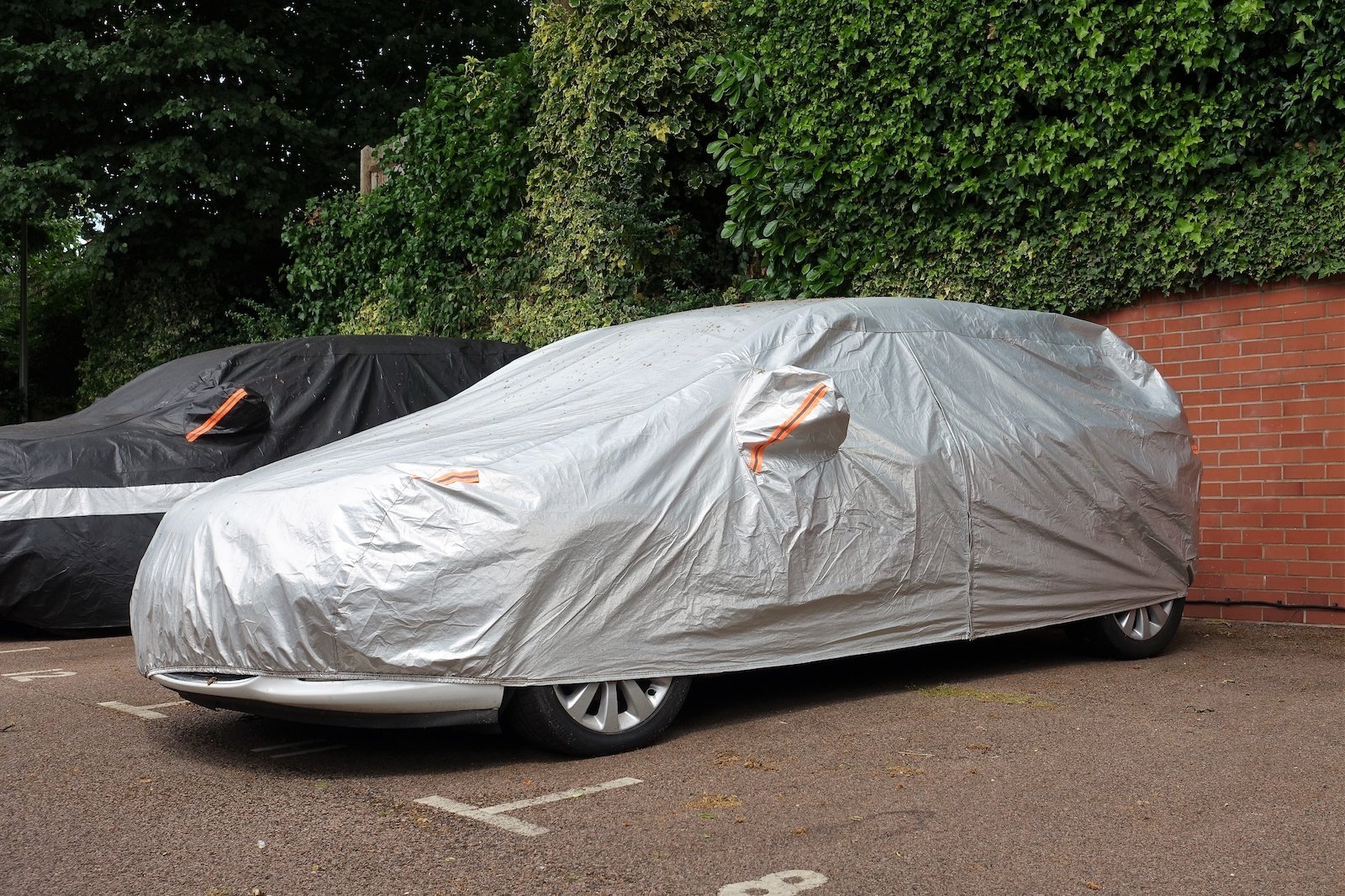Owning the perfect car is a dream many adults strive to achieve, especially in the car-centric culture of the USA, which boasts one of the highest vehicle ownership rates in the world. However, purchasing a brand-new car isn’t always the smartest choice for everyone. In contrast, opting for a used car can offer numerous advantages.
After examining insights from sources like Investopedia, GoBankingRates, and Lifehacker we’ve compiled a list of compelling reasons why buying a new car might not be the best decision. Here are the top reasons you should consider steering clear of a brand-new vehicle purchase.
Higher Costs of New Cars

The steep price of a new car, averaging about $47,000 in the USA, can significantly strain your budget. This substantial expense is particularly challenging for young professionals and retirees who need to manage their finances carefully.
For these groups, purchasing a new vehicle can create undue financial pressure. A more economical and practical alternative for daily commuting is to buy a used car.
The Street reports that a mere 22% of Americans can comfortably afford a brand-new car, highlighting how impractical this option is for the majority. Opting for a used car can alleviate financial stress and provide a reliable mode of transportation without breaking the bank.
Rapid Depreciation of New Cars

The moment you drive a new car off the lot, its value begins to plummet. Statistics show that within the first year, a new car loses about 19% of its original value.
By the end of the second year, its worth drops to around 69% of what you initially paid. This rapid depreciation means that over time, you’ll invest more money into the vehicle than you could ever recoup if you decide to sell it.
Essentially, a new car is a rapidly diminishing asset, making it a less financially sound investment compared to used cars, which have already undergone the steepest part of their depreciation curve.
High-Interest Rates

When purchasing a new car, many buyers adhere to the 20/4/10 rule, putting down 20% upfront, financing the car for four years, and ensuring their monthly payments don’t exceed 10% of their income.
However, with today’s high interest rates, this approach can lead to paying significantly more than the car’s sticker price over time. Even if you snag a deal or a discount during sales events, the accumulating interest will ultimately inflate the total cost.
Additionally, high interest rates can severely impact your overall budget, making it harder to manage other financial obligations and goals. Opting for a used car can mitigate these high-interest expenses, offering a more affordable and financially prudent choice.
Higher Registration and Taxes

The cost of car registration varies by state across the USA, and new cars usually come with heftier registration fees and taxes compared to their used counterparts. Even if you land a good deal on the purchase price of a new vehicle, these extra costs can significantly increase the overall expense of ownership.
Beyond the initial price, the cumulative effect of higher registration fees and taxes can strain your budget over time. Choosing a used car can help you avoid these elevated fees, making it a more cost-effective option in the long run.
Moreover, the money saved on registration and taxes can be redirected toward maintenance or other financial priorities, enhancing your overall financial health.
High Maintenance Rates

Owning a new car often involves significant maintenance challenges. Each dent or scratch not only affects the car’s appearance but also diminishes its resale value. According to Automotive News (AAA), the annual maintenance cost for a new car averages around $1,475.
This expense can be prohibitive for many people, especially when considering the additional costs of insurance and potential repairs. Furthermore, new cars often come with advanced technology and features that can be costly to fix or replace.
Opting for a used car can substantially reduce these maintenance expenses, making it a more financially accessible option for a broader range of buyers.
High Insurance Rates

Insurance premiums for new cars tend to be significantly higher than those for used cars due to their greater value. Repairing or replacing parts on a new vehicle is typically more expensive, leading insurance companies to charge higher rates to cover potential costs.
As a result, the average insurance premium for a new car can surpass $2,000 annually. Additionally, new cars often come with advanced features and technologies that, while enhancing safety and performance, can also drive up repair costs and, consequently, insurance premiums.
Choosing a used car can help you save on insurance, making it a more budget-friendly option overall. This reduction in insurance expenses can free up funds for other financial needs or savings goals, enhancing your overall financial stability.
Limited Options for New Cars

When purchasing a new car, your choices are often restricted by your budget, limiting you to a narrow selection of models and configurations. This constraint means you may have to compromise on features or settle for a car that doesn’t fully meet your preferences.
In contrast, opting for a used car significantly expands your options. With a broader range of models from various years available, you can find a vehicle that offers the features and specifications you desire without breaking the bank.
Additionally, used cars often come with a wealth of reviews and reliability data, helping you make a more informed decision. This wider selection allows for greater flexibility and the potential to find a vehicle that truly fits your needs and budget.
Issue of Outdated Technology

New cars come equipped with the latest advancements in automotive technology, ensuring you enjoy cutting-edge features. However, the rapid pace of technological evolution means that your new car could quickly become outdated as newer models with more advanced capabilities enter the market.
Consequently, the resale value of your once-new vehicle may not reflect its initial high price tag. In contrast, opting for a used car offers a more cost-effective alternative. While it may have slightly older technology, the significant reduction in price compared to a new car can outweigh the benefits of having the latest features.
This approach allows you to save money upfront and potentially upgrade to a newer model in the future without as much financial strain. Thus, choosing between a new and used car involves weighing the value of cutting-edge technology against long-term affordability and flexibility.
Reliability Issues of New Car Models

When considering a new purchase, whether it’s a car, phone, or any other gadget, it’s prudent to research and read reviews beforehand. New car models, like any newly released product, can sometimes have unforeseen design flaws or mechanical issues that only become apparent after they’ve been on the road for some time.
Without sufficient customer feedback and reviews, it’s challenging to gauge the long-term reliability and durability of a new vehicle. In contrast, opting for a used car provides the advantage of proven reliability. By choosing a model with a track record of positive reviews and longevity in the market, you can have more confidence in its performance and durability over time.
This approach allows you to make a more informed decision based on real-world experiences rather than relying solely on promises from manufacturers. Thus, considering reliability alongside other factors is crucial when deciding between a new or used car.
Availability of CPO Options

Choosing Certified Pre-Owned (CPO) vehicles presents a compelling alternative. These cars provide numerous advantages akin to new cars, such as warranty coverage and roadside assistance, offering peace of mind similar to purchasing a brand-new vehicle.
While CPO cars may come with a slightly higher price tag compared to non-certified used vehicles, the investment is often justified by their nearly new condition and reliability. Moreover, opting for a CPO car is also an environmentally conscious decision, as it extends the lifecycle of vehicles already in circulation.
This choice not only benefits your wallet with added assurances but also contributes positively to sustainability efforts by reducing the demand for new vehicle production. Thus, considering CPO options expands your choices while aligning with both financial and environmental considerations.
Overproduction and Waste

The automotive sector manufactures millions of new vehicles annually, contributing significantly to environmental concerns such as resource scarcity, pollution, and excessive waste. By shifting towards the widespread adoption of used cars, there would be reduced pressure to produce such large quantities of new vehicles.
This transition could yield substantial environmental benefits by minimizing resource depletion and lowering the overall carbon footprint associated with vehicle manufacturing and disposal.
Embracing the use of pre-owned vehicles not only conserves resources but also promotes sustainability by extending the lifespan of existing automobiles and mitigating the environmental impact of automotive production processes.
Thus, encouraging the adoption of used cars represents a proactive step towards achieving environmental conservation goals.


